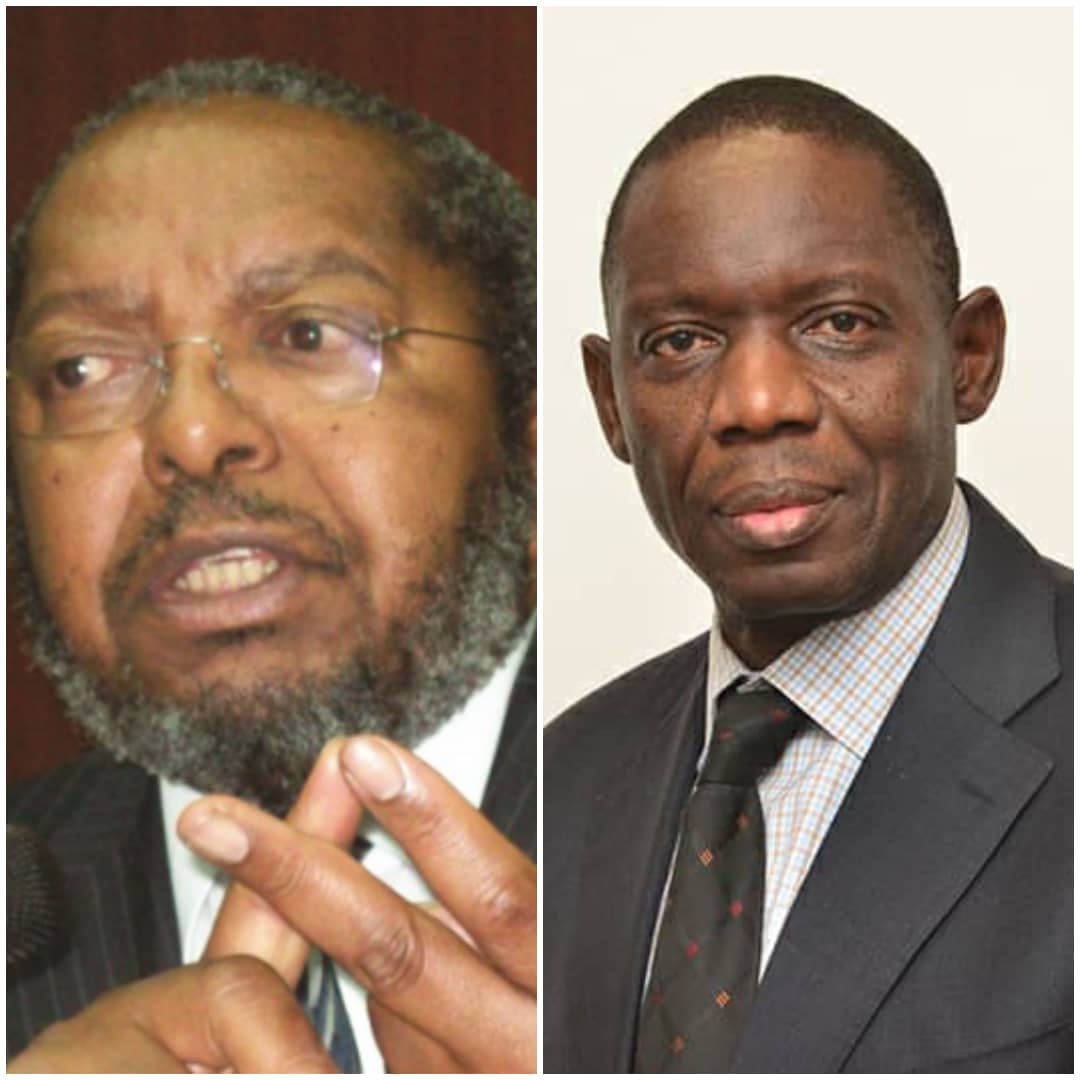
KAMPALA — The Central Bank could may yet again run into serious legal trouble after officials announced they would liquidate the assets of Crane Bank in receivership.
Governor Emmanuel Tumusiime Mutebile in a public notice on Friday said they would liquidate Crane Bank, four years after the BoU seized control of the institution
“Bank of Uganda (BoU) took over management of Crane Bank Ltd (CBL) on October 20, 2016 and subsequently progressed it into receivership on January 24, 2017. In exercise of its powers under section 99 (1) & (2) of the Financial Institutions Act, 2004, BoU has now placed CBL under liquidation and ordered the winding up of its affairs. The Central Bank shall be the liquidator of CBL,” Prof. Emmanuel Tumusiime-Mutebile, said in the notice.
Financial lawyers say the attempt to liquidate Crane Bank contravenes the Financial Intelligence Act, 2015 and that it will lead the regulator into into another legal battle.
“The powers of the Central Bank in the management of commercial banks are spelt out in the Financial Intelligence Act. They are not arbitrary. Any attempts to liquidate Crane Bank would be a violation of that Act,” a top financial lawyer said.
Another city lawyer familiar with the process said any attempts to liquidate Crane Bank would go against the ruling of the Supreme Court, warning that: “Crane Bank ceased being a financial institution under the FIA Act when it was taken over by the Central Bank”.
“The Central Bank has since lost many cases in the Supreme Court. The Central Bank can not therefore try to liquidate it”.
Legal financial experts also warned that the judgements of both the High Court and Court of Appeal stating that receivership is still in force are binding.

“After this date when the courts of law determined that receivership had ended, BoU lost all legal authority over the affairs of CBL. It must be remembered that BoU’s authority is granted by the FIA and is limited by the FIA. Both the Commercial Court and Court of Appeal Courts found that under the FIA, BOU’s authority as Receiver of CBL ended in January 2018. This means that after that date, BoU has no authority to make any decisions of any kind for CBL. Like at the end of all receiverships, the company is returned to its Board of Directors and Shareholders. After January 2018, CBL by law was supposed to return to its Board of Directors and Shareholders,” the lawyer said.
“The Judgments of the High Court and the Court of Appeal which state that Receivership ended are still in force and binding on all parties. They have never been stayed or set aside. BoU tried to stay the enforcement of the Judgment of the High Court in the Court of Appeal and lost that application. BoU also tried to stay the enforcement of the Judgment of the Court of Appeal and lost that application in the Supreme Court. Both BoU’s attempts to stay were dismissed with costs against BoU. The current state of the law is that Receivership ended and BoU has no power or authority over the affairs of CBL,” the Commercial lawyers added.





